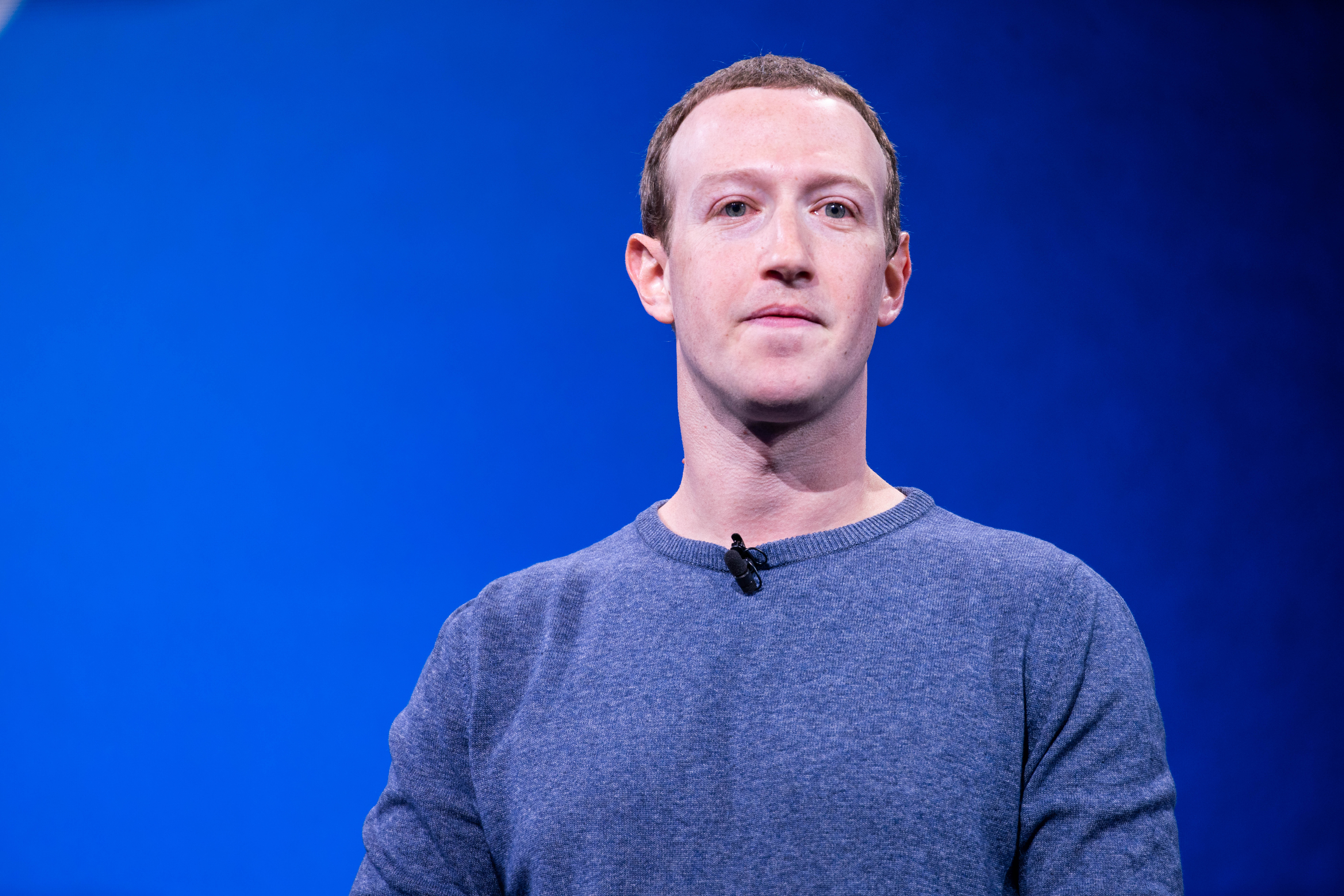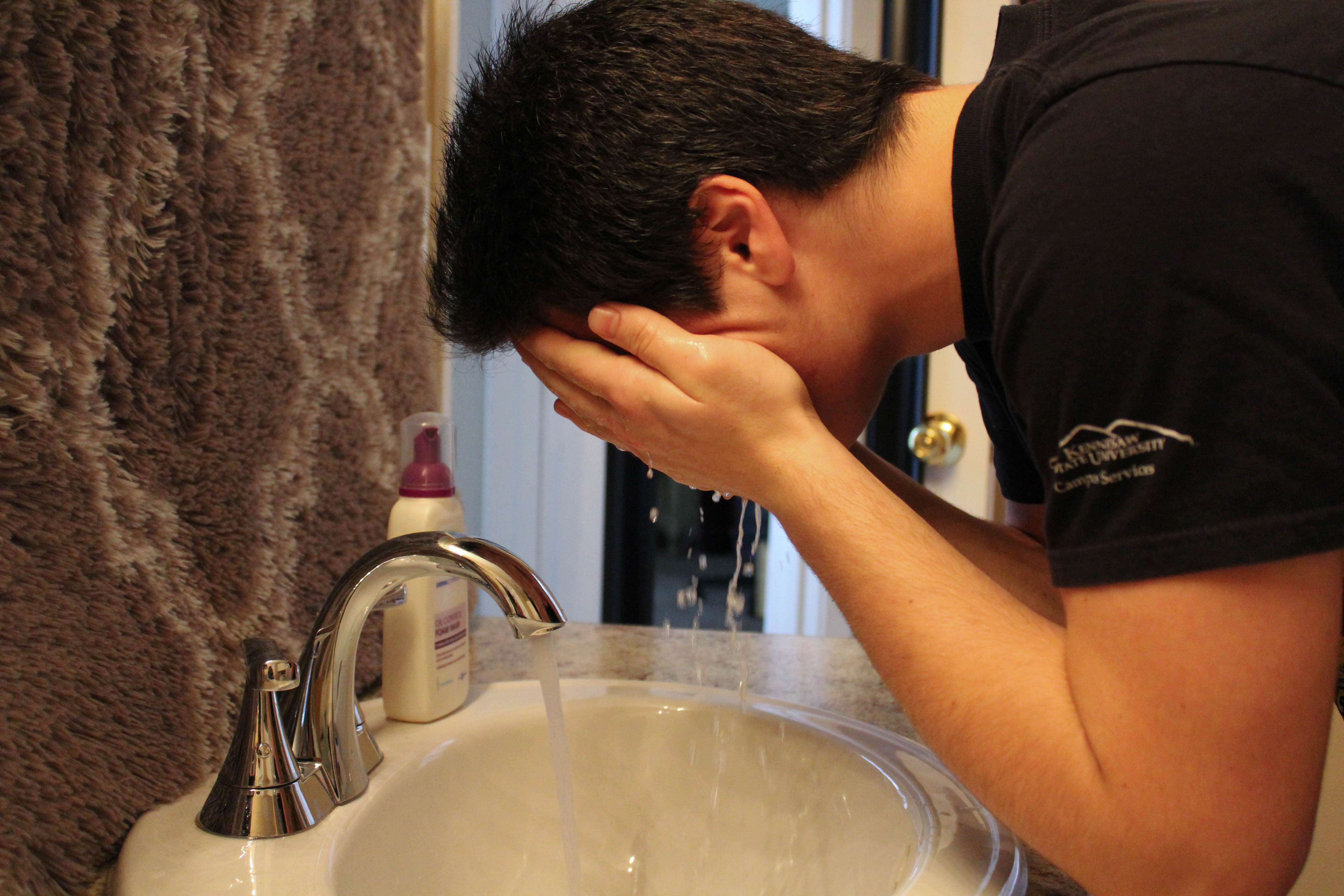Social media has a dominating presence in the current political climate of the United States. In a society where everyone has access to multiple feeds right in their pockets, the time has come for political ads to be banned on social media.
“For the common person, political ads on social media can probably infiltrate the mind,” sophomore English major Aaron O’Connor said. “[Ads can] cause someone to consider either getting involved in politics or reconsidering their stances. That’s the power of ads on social media. We spend so much time scrolling that ads fit right in and burrow in the minds of the average.”
In October, it was announced on Twitter that political advertisements would no longer appear on the platform, Twitter CEO Jack Dorsey said in a thread about Twitter’s policy changes.
“Internet political ads present entirely new challenges to civic discourse — machine learning-based optimization of messaging and micro-targeting, unchecked misleading information and deep fakes,” Dorsey said. “All at increasing velocity, sophistication and overwhelming scale.”
The Twitter policy changes immediately follow news by Facebook CEO Mark Zuckerberg that Facebook will allow all political ads on the platform, unregulated and unchecked.
Overall, the Facebook’s lack of regulation is harmful — it does not manage political ads the way they should be, and allows the platform to be used as something for political vitriol, rather than a place to further knowledge about the candidates for elections.
Currently, political ads on social media are protected by the First Amendment. This means that political ads can not be regulated by the Federal Trade Commission’s Truth in Advertising laws, according to WGBH News.
“We need more forward-looking political ad regulation (very difficult to do),” Dorsey said in the Twitter thread. “Ad transparency requirements progress, but not enough. The internet provides entirely new capabilities, and regulators need to think past the present day to ensure a level playing field.”
As campaigning for the 2020 election continues, this lack of regulation has already come to fruition. In October, Facebook denied a request by former vice president Joe Biden’s campaign to remove a video ad posted by President Donald Trump’s reelection campaign. Due to Facebook’s ad policy, the request was denied and the video remained on the Trump 2020 Facebook page, according to CNN.
The smear campaign shows how Facebook’s political ad policy has failed the American public as it shows how easily major political campaigns can take advantage of the lack of regulation on the platform.
“Facebook’s unwillingness to even filter political ads that lie is negligence and even incompetence,” O’Connor said. “Facebook’s statement basically shows that Zuckerburg doesn’t care.”
Twitter’s political ad ban is a step in the right direction for limiting the spread of lies in political campaigns, and until political ads have proper regulations in the United States, other social media sites should follow Twitter’s example to prevent further dramatization of American politics.
“This isn’t about free expression,” Dorsey said. “This is about paying for reach. And paying to increase the reach of political speech has significant ramifications that today’s democratic infrastructure may not be prepared to handle. It’s worth stepping back in order to address.”
Until there are proper regulations for using social media to advertise political campaigns, paid ads that are allowed to spread lies are the biggest reason social media websites should ban paid political ads entirely.




